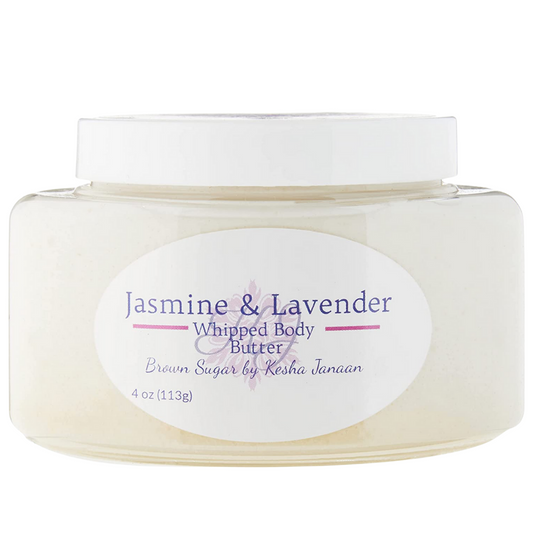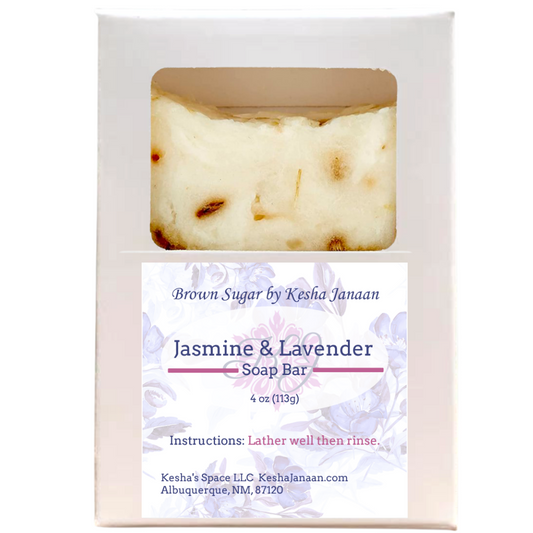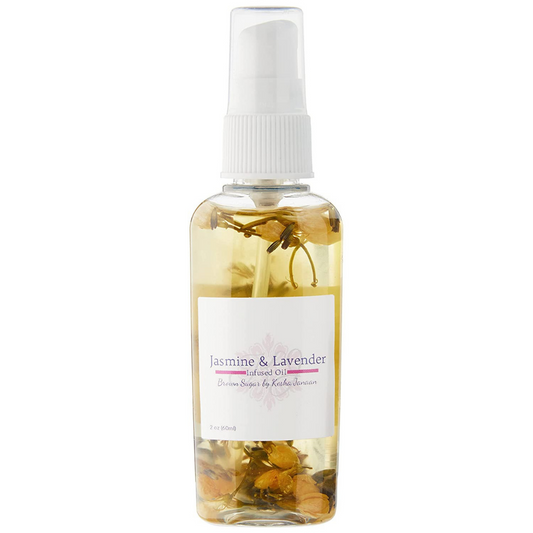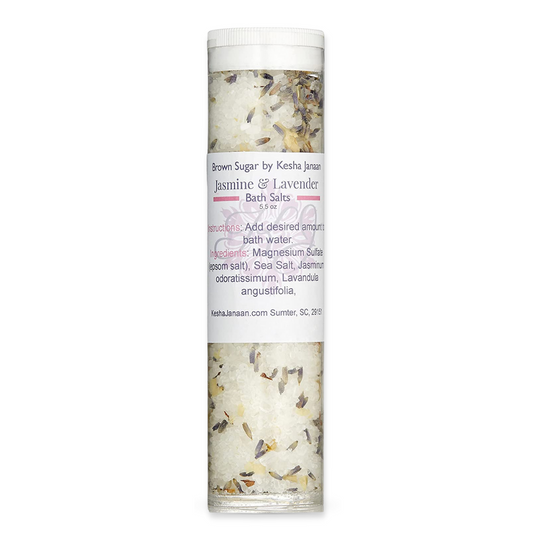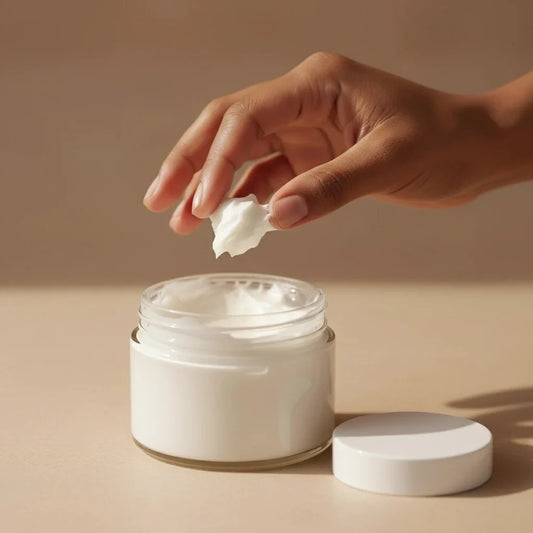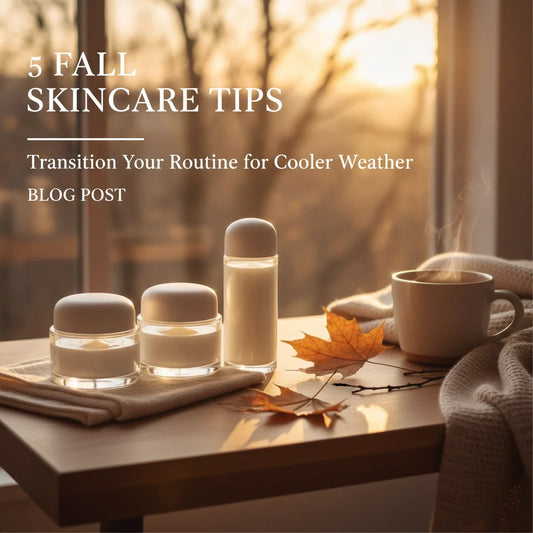In today's beauty landscape, the notion of beauty has evolved beyond the traditional norms, giving rise to a new movement: inclusive beauty products. This shift is not merely a trend but a fundamental change in how beauty brands approach their products and their consumers. Inclusive beauty emphasizes the importance of catering to individuals of all skin types, tones, and textures, ensuring that everyone can find products that celebrate their unique beauty. As consumers increasingly demand representation and diversity in beauty marketing, the industry is responding with innovative formulations and a more comprehensive understanding of inclusivity. In this article, we will explore the concept of inclusive beauty, its significance in today’s market, the innovative ingredients that cater to a diverse audience, the challenges faced by brands, and the promising future ahead for inclusive beauty products.
Check out our featured products!
Key Takeaways
- Inclusive beauty products cater to a diverse range of skin types and tones.
- Representation in beauty is crucial for fostering self-esteem and acceptance among consumers.
- Innovative ingredients are being developed to address the unique needs of various skin types.
- The beauty industry faces challenges in truly achieving inclusivity, alongside growing criticisms.
- Future trends indicate a continued push for diversity and innovation in inclusive beauty products.
Understanding Inclusive Beauty: What It Means Today
Inclusive beauty is more than just a buzzword; it reflects a critical shift in the beauty industry that aims to celebrate diversity and ensure that everyone feels represented and valued. Today, inclusive beauty products encompass a broad spectrum of skin tones, body types, ages, and gender identities, breaking away from traditional beauty standards that often exclude marginalized groups. Major brands are now expanding their foundations to include a wider range of shades, ensuring that customers of all ethnic backgrounds can find the perfect match. Furthermore, inclusive beauty products often prioritize accessibility, offering formulations that cater to various skin types, sensitivities, and preferences. This progressive approach not only empowers consumers but also fosters a supportive community that champions self-expression and authenticity. As we continue to evolve in our understanding of beauty, the importance of inclusive beauty products cannot be overstated; they serve as a reminder that beauty truly comes in all forms.
The Importance of Representation in the Beauty Industry
The beauty industry has long been recognized for its influence on cultural standards of beauty and self-expression. However, in recent years, the importance of representation has become a central topic of discussion, especially when it comes to inclusive beauty products. These products are designed to cater to a diverse range of skin tones, types, and preferences, which reflects the reality of our society. The celebration of inclusivity in beauty not only empowers individuals from varied backgrounds but also encourages brands to rethink their marketing strategies and product development processes. As consumers increasingly demand authentic representation, beauty brands that embrace inclusivity not only foster loyalty among their clientele but also position themselves as leading voices in an industry that has often overlooked the rich diversity of its customer base. From foundations that cater to various skin tones to skincare that addresses unique needs, the rise of inclusive beauty products is a powerful testament to the evolving landscape of beauty, making it more accessible and representative of all.
'Beauty is about being comfortable in your own skin. It's about knowing and accepting who you are.' - Ellen DeGeneresCheck out our featured products!

Innovative Ingredients for Diverse Skin Types
In recent years, the beauty industry has made significant strides toward inclusivity, and one of the most exciting developments has been the incorporation of innovative ingredients tailored for diverse skin types. Inclusive beauty products are now being formulated with an array of botanicals, antioxidants, and scientifically-backed compounds that ensure every skin type, from oily to dry, sensitive to mature, is catered to. For instance, brands are now exploring the benefits of adaptogenic herbs like ashwagandha to soothe stress-related skin issues, along with hyaluronic acid to provide lasting hydration for all skin types. Furthermore, the inclusion of natural butters and oils, such as shea and jojoba, is becoming increasingly popular in these products, offering rich moisture and nourishment without the greasy feel. This commitment to diverse formulations not only enhances the effectiveness of skincare routines but also embraces individual beauty, allowing everyone to feel represented and catered for in their personal skincare journey.
Challenges and Criticisms of Inclusive Beauty
While the rise of inclusive beauty products has been a significant step forward in creating a diverse and accepting cosmetic landscape, it is not without its challenges and criticisms. One major issue is the risk of 'tokenism,' where brands may launch products for marginalized groups without truly understanding their needs. This can lead to a superficial representation that fails to resonate with the intended audience. Additionally, the quality of inclusive beauty products can sometimes vary, as some brands might prioritize marketing over formulation, resulting in products that do not perform well across diverse skin tones and types. Furthermore, the term 'inclusive beauty' itself can be ambiguous, leading to confusion among consumers about which brands genuinely prioritize inclusivity and which are merely capitalizing on the trend. As the dialogue around beauty evolves, it is essential for companies to not only expand their shade ranges but also to engage with communities authentically and ensure their product offerings are effective and empowering for everyone.

The Future of Inclusive Beauty Products: Trends and Predictions
The beauty industry is undergoing a significant transformation, with the rise of inclusive beauty products leading the charge. As consumers increasingly prioritize diversity and representation, brands are responding by expanding their product lines to cater to a wider range of skin tones, types, and needs. One of the key trends shaping the future of inclusive beauty products is the emphasis on clean and sustainable ingredients. Consumers are not only seeking products that suit their individual beauty concerns, but they also want solutions that are environmentally friendly. Furthermore, technological advancements, such as augmented reality tools for virtual try-ons, are enhancing the shopping experience, allowing consumers to find their perfect match without the guesswork. Additionally, brands are collaborating with influencers and activists from diverse backgrounds to ensure that their offerings resonate with all consumers, fostering a sense of community and loyalty. As we look to the future, the inclusive beauty movement is poised to lead the industry towards a more equitable and representative landscape, where everyone feels valued and beautiful in their unique skin.

